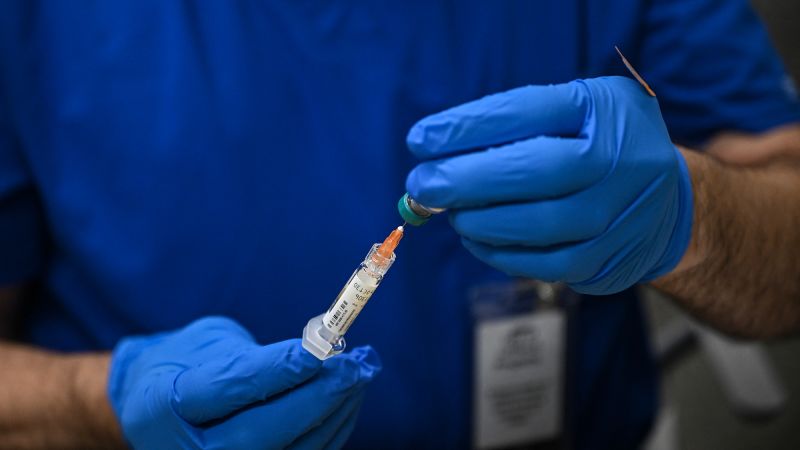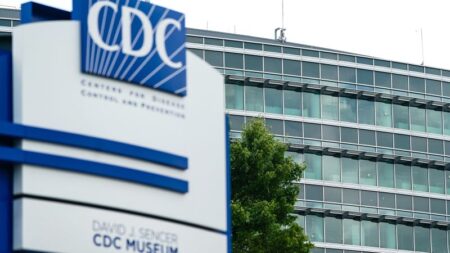The recent announcement from state health officials marked a significant conclusion to the measles outbreak that had taken hold in West Texas, one of the largest and deadliest outbreaks in over a century. The news, shared on a Monday, indicated that no new cases of measles were diagnosed in counties where the virus had been previously circulating for more than 42 days, thus officially certifying that the outbreak had ended. This duration aligns with public health guidelines stating that an outbreak is considered over when two incubation periods pass without any further transmission.
Since late January, Texas has experienced a total of at least 762 confirmed cases linked to this outbreak, resulting in numerous hospitalizations, with nearly 100 individuals requiring intensive medical treatment. Alarmingly, the outbreak has also been associated with the tragic deaths of two school-aged children, marking the first fatalities from measles in the United States since 2015. The impact on the pediatric population was particularly pronounced, with more than two-thirds of the cases affecting children who were unable to benefit from vaccination due to their age or other factors.
Dr. Jennifer Shuford, the commissioner of the Texas Department of State Health Services, commended the relentless efforts of public health professionals who worked diligently to control the outbreak. In her statement, she recognized the comprehensive and collaborative response, which included widespread testing, vaccination initiatives, monitoring of the disease’s spread, and public education campaigns aimed at raising awareness about the importance of measles vaccination. She also expressed gratitude towards healthcare workers who encountered the virus they had seldom seen prior to this outbreak.
Measles cases related to the Texas outbreak have also been documented in neighboring states, namely New Mexico, Oklahoma, and possibly Kansas. New Mexico recently reported three additional cases, bringing its total to 100 cases since the outbreak began. The state’s health department deemed the situation as ongoing, reinforcing its advocacy for MMR (measles, mumps, rubella) vaccinations amongst residents as a proactive defense against the highly contagious virus.
Nationally, the statistics are alarming, with over 1,350 measles cases reported across the United States this year, marking the highest level of incidence in over three decades. This represents a stark deviation from the period post-2000 when measles was declared eliminated in the U.S. A significant portion of the national cases, accounting for more than half, stem from the Texas outbreak alone, underscoring the need for concerted vaccination efforts to curb the spread.
Within Texas, the majority of outbreak cases were concentrated in and around Gaines County, an area noted for its low measles vaccination rates among kindergartners. Vaccination data revealed a concerning trend: the vast majority of measles cases this year were among unvaccinated individuals, with only about 8% of infections occurring in those who had received at least one dose of the MMR vaccine. This statistic highlights the critical importance of vaccination in preventing measles outbreaks.
However, health officials stress that the conclusion of this particular outbreak does not imply the complete eradication of the threat posed by measles. With ongoing outbreaks occurring throughout North America and beyond, officials caution that further cases in Texas are likely, urging healthcare providers to remain vigilant and proactive in testing for measles symptoms among patients.
The broader context reveals that at least 41 states have reported measles cases in the current year, coinciding with a decline in vaccination coverage among kindergartners. The Centers for Disease Control and Prevention (CDC) data indicates that a record number of incoming kindergartners had vaccine exemptions, often for personal or religious reasons, during the 2024-25 school year. This trend accentuates the critical need for public health initiatives aimed at increasing vaccination rates and educating individuals about the importance of protecting against vaccine-preventable diseases like measles.












